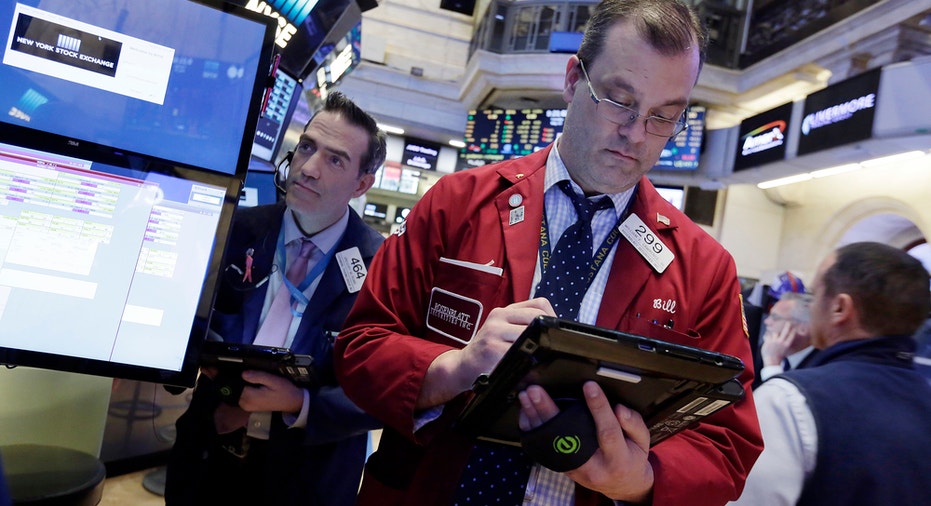S&P 500 slips as Hurricane Irma nears Florida; tech falls

The S&P 500 ended slightly lower on Friday as investors braced for potential damage from Hurricane Irma as it moved toward Florida, while a decline in big tech names like Apple and Facebook pushed the Nasdaq down more sharply.
The Dow eked out a gain, helped by a 4.0-percent rise in shares of insurer Travelers.
Insurer shares rose broadly, with the Dow Jones U.S. Insurance Index up 2.1 percent, recouping some losses after being under pressure recently as the southern United States braced for another powerful storm closely on the heels of Hurricane Harvey.
Irma, one of the most powerful Atlantic storms in a century, lashed Cuba and the Bahamas as it drove toward Florida, while U.S. officials were preparing a massive response to the storm.
"Investors are really in a wait-and-see mode given their concern about the impact of Hurricane Irma on Florida and wherever else it ends up going," said Kate Warne, investment strategist at Edward Jones in St. Louis.
"Overall, we are seeing the market and investors sort of hunker down to see what the damage and destruction turns out to be," she said.
The Dow Jones Industrial Average rose 13.01 points, or 0.06 percent, to 21,797.79, the S&P 500 lost 3.67 points, or 0.15 percent, to 2,461.43 and the Nasdaq Composite dropped 37.68 points, or 0.59 percent, to 6,360.19.
The tech sector, which has outperformed all other major groups this year, ended down 0.9 percent.
Energy shares fell 1.1 percent as oil prices dropped on worries that commerce and energy demand in Florida and the Southeast would be hit hard due to Irma.
Major indexes all posted declines for the week after two weeks of gains. Geopolitical concerns kept investors on edge as South Korea prepared for a possible further missile test by North Korea on Saturday, days after its sixth and largest nuclear test.
"It's a confluence of concerns that have been hovering over the market, everything from North Korea ... and obviously the hurricane and the damage that will ensue," said Quincy Krosby, chief market strategist at Prudential Financial in Newark, New Jersey.
Despite those macro concerns, the benchmark S&P 500 still is within about 1 percent of its all-time closing high as investors point to strong corporate earnings and solid economic data as supporting stocks.
Equifax was the biggest percentage loser on the S&P, falling 13.7 percent, after the provider of consumer credit scores said personal details of as many as 143 million U.S. consumers were hacked.
Kroger shares ended down 7.5 percent after the biggest U.S. supermarket owner reported a quarterly profit drop amid an intensifying grocery price war.
Declining issues outnumbered advancing ones on the NYSE by a 1.19-to-1 ratio; on Nasdaq, a 1.01-to-1 ratio favored advancers.
About 6 billion shares changed hands in U.S. exchanges, above the 5.8 billion daily average over the last 20 sessions. (Additional reporting by Sruthi Shankar in Bengaluru and Sinead Carew in New York; Editing by Nick Zieminski)



















